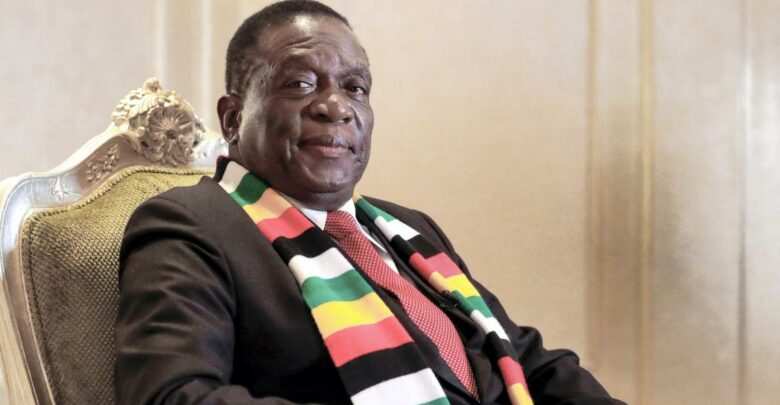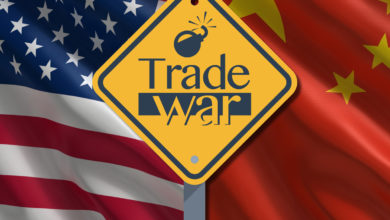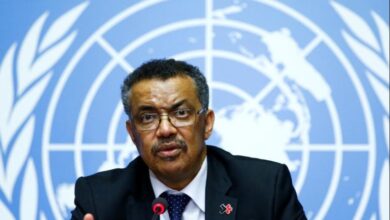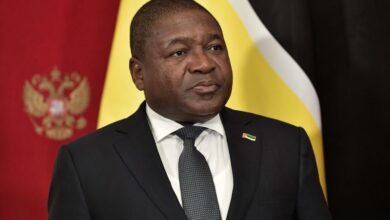World
Zimbabwe President Defends Ban Put On Use Of Foreign Currencies

Zimbabwe President Emmerson Mnangagwa on Tuesday defended the government’s decision to put a ban on the use of foreign currencies in the country, reported Africa News.
Finance Minister Mthuli Ncube on Monday banned the use of the United States dollar and a host of other foreign currencies for local transactions in a bid to defend Zimbabwe’s fledgling new currency against black market speculation. This means that the country’s interim RTGS dollar is currently the only legal tender.
Notably, back in 2009, Zimbabwe allowed the US dollar and other foreign currencies to be used as legal tender in the country after hyperinflation decimated the value of the Zimbabwean dollar.
While some praised the government’s latest economic move, some others criticized the decision.
According to President Mnangagwa, the measure was a sign that the country was reverting to normalcy after what he said was a state of abnormality, referring to the multi-currency regime of the last few years.
Mnangagwa told journalists on Tuesday at Victoria Falls that the government deserved praise instead of criticism and skepticism. He said Zimbabwe’s economy is now beginning to function and a functional economy should have its own currency.
“Zimbabwe has gone back to normalcy,” the President said. “The normalcy is, a country must have its own currency, that’s normalcy. We were living in an abnormal situation and you should be the first to congratulate us for becoming normal again.”
He clarified the status of foreign currencies saying the foreign currencies can still be used to do international transactions with the economy and that the government has not banned the possession of any other currency.
“Except that if you want to transact in any shop, if you want to buy your tea and milk in dollar or euro, then you must go to bureau du change,” the President said.






